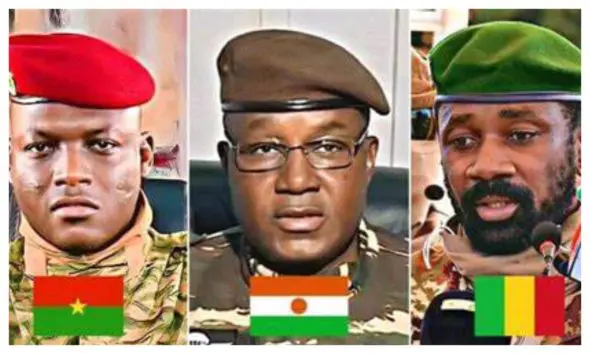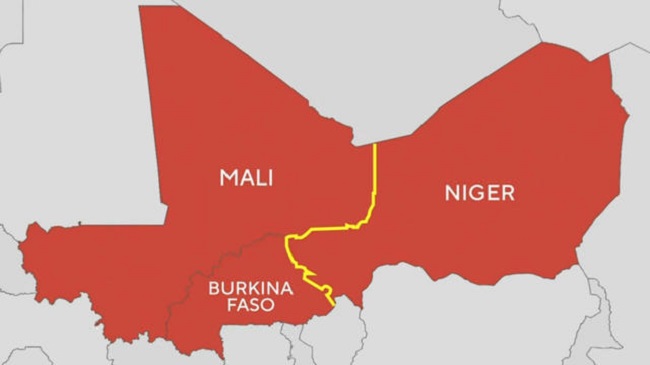
Leaders of the Economic Community of West African States (ECOWAS) convened for their 63rd Ordinary Summit in Abuja on Sunday, notably absent of representatives from Burkina Faso, Mali, and Niger. Nigerian President Bola Tinubu, who currently chairs ECOWAS, initiated the meeting at 1:00 pm, expressing gratitude to his colleagues for their support over the past year.
As Tinubu’s tenure as ECOWAS chairman concludes during this summit, a new leader is set to be appointed on July 9. Before stepping down, Tinubu faces a crucial task: guiding ECOWAS in negotiations with the three nations that have decided to chart their own path.
On Saturday, July 6, Burkina Faso, Mali, and Niger officially launched their own coalition, dubbed the Sahel Alliance. This new group, formed by the military rulers of these countries, signifies a decisive break from ECOWAS. The announcement came just a day before the ECOWAS summit, which aimed to explore ways to reconcile with the dissenting nations.
The Sahel Alliance, also known as the Alliance of Sahel States, was first announced last September. This pact binds the three nations to mutual cooperation in the face of external threats. Burkina Faso, Mali, and Niger withdrew from ECOWAS in January of this year after the regional body opposed the military governments that had overthrown their democratic regimes.
During the summit in Niamey on Saturday, Niger’s General Abdourahamane Tchiani criticized ECOWAS, labeling it a threat to the military-led nations. He emphasized that their new alliance would operate independently of foreign influence, prioritizing the interests of their people.
Burkina Faso experienced a coup in September 2022, Mali in August 2021, and Niger in July 2023, each overthrowing their respective civilian governments.
